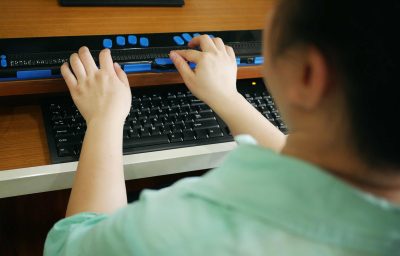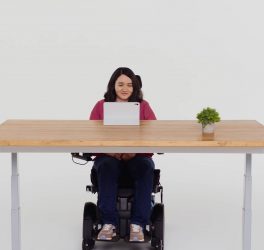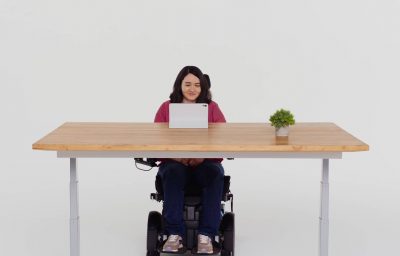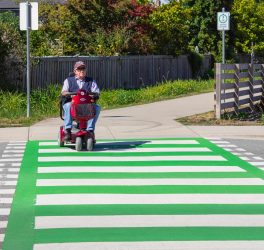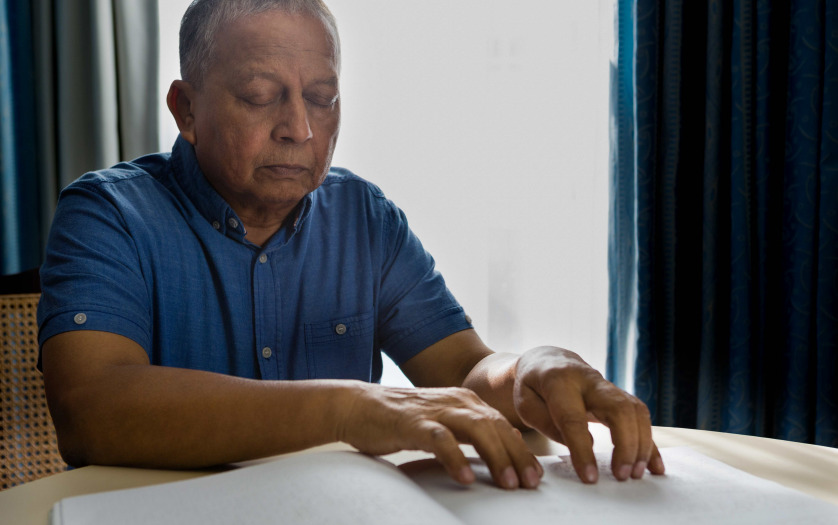
South Africa’s current copyright law was enacted 41 years ago. The Copyright Act No. 98 of 1978 had no provisions for people with disabilities – and that hasn’t changed in more than four decades.
This means that every time a person who is blind, deaf, partially-sighted, dyslexic, or paralysed needs to access any information, the content has to be converted into an accessible format before they can read and understand it.
Students who have disabilities are particularly prejudiced and discriminated against in this regard. They do not receive their learning material at the same time as other students. Whether it is a textbook, articles, chapters of books, mathematical problems, PDF documents, or images for study purposes, these have to be converted into an accessible format and often require editing and reformatting too.
Copyright permission has to be obtained before the works can be made accessible via Braille or other accessible formats. Rights-holders do not always respond timeously or at all, which means the students have to wait for their study material in accessible format. Sometimes it doesn’t come at all. They also have to pay high copyright fees for the conversions, which they do not always have in view of their limited budgets or resources.
There are thousands of people with disabilities studying at South African universities. It’s crucial that these issues are taken seriously. People with disabilities worldwide battle what has been described as a “book famine”. The “famine” refers to the fact that less than 10% of published works, such as books and educational materials in developed countries, and less than 1% in developing countries are ever made into accessible formats, such as Braille, large print or audio.
South Africa’s new Copyright Amendment Bill, which is awaiting President Cyril Ramaphosa’s signature to become law, could help the country take an important step in tackling its own “book famine”. Section 19D of the Bill has a number of provisions for people with disabilities.
Read the original article.




